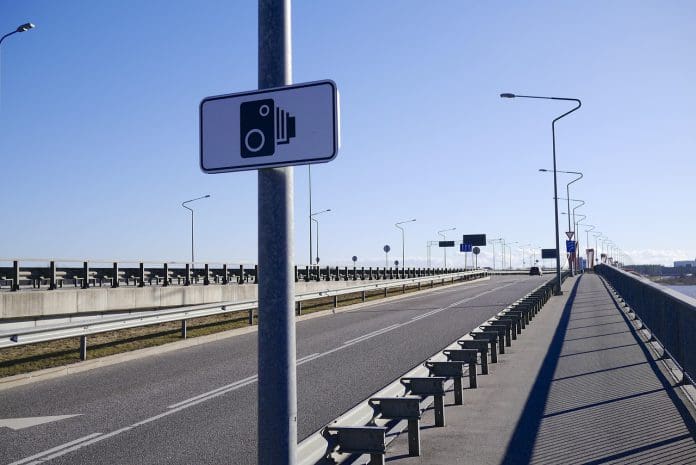This post is also available in:
 עברית (Hebrew)
עברית (Hebrew)
As the rates of accidents caused by distracted driving continue to climb, the UK is planning a nationwide rollout of AI-powered speed cameras – not only catching speeding vehicles but also able to identify key contributors to road accidents like mobile phone use or not wearing one’s seatbelt.
While cameras that detect mobile phone usage have already been partially deployed across the UK, this new technology elevates this capability extensively: by analyzing images from multiple angles, these cameras can spot a phone being used even if it’s discreetly placed on the lap. Additionally, this surveillance system automatically flags potential violations, streamlining the process for law enforcement.
Although these cameras can capture specific incidents, they lack the ability to analyze if the driver’s behavior is caused by intoxication. In such cases, the presence of a traffic officer remains crucial.
However, this technological leap has caused major controversy, as privacy advocates are criticizing the intrusive potential of the use of AI in surveillance. Jake Hurfurt, head of research and investigations at Big Brother Watch, a prominent privacy campaign group, has fervently denounces the use of “unproven AI-powered video analytics” to monitor and potentially criminalize drivers, as reported by The Telegraph.
Furthermore, the Automobile Association (AA) has acknowledged the potential benefits of such cameras for road safety but cautioned against their overreliance.
As the feud continues, several police forces have already begun trials of various AI camera systems, such as the Acusensus cameras, renowned for their ability to capture images from multiple angles to detect phone use and seatbelt violations. Other such innovative camera technologies include Jenoptik’s Vector-SR cameras, capable of tracking traffic in both directions and using radar for speed detection.
Despite the concerns, National Highways (the government-owned company responsible for England’s motorways and major A roads) remains confident about the future of using AI cameras for detecting unlawful driving. They point to research conducted by the Department for Transport, stating that a major sum of British drivers continues to illegally use handheld devices while driving, contributing to countless accidents.
In addition to catching more delinquent drivers, National Highways believes that the implementation of AI cameras will deter drivers from dangerous driving habits, creating a safer environment for all road users.
The debate over AI-powered speed cameras is an example of the complex interplay between individual privacy and advancing technology, as the tension between the reduction of fatal accidents and the potential misuse of surveillance data is examined.
Information sourced from Interesting Engineering.


























